As a mom of two wonderful daughters, I’ve come to realize the immense importance of self-care, especially in this digital age where our kids are growing up. Here are some self-care tips for kids to help them navigate through daily life, manage stress, and grow into emotionally intelligent individuals.
Self-Care Tips for Kids in School
Physical Activity Breaks:

Encourage short physical activity breaks between classes or study sessions. For example, stretching, quick yoga poses, or a brief walk around the school yard can refresh their mind and body.
Healthy Snacking:
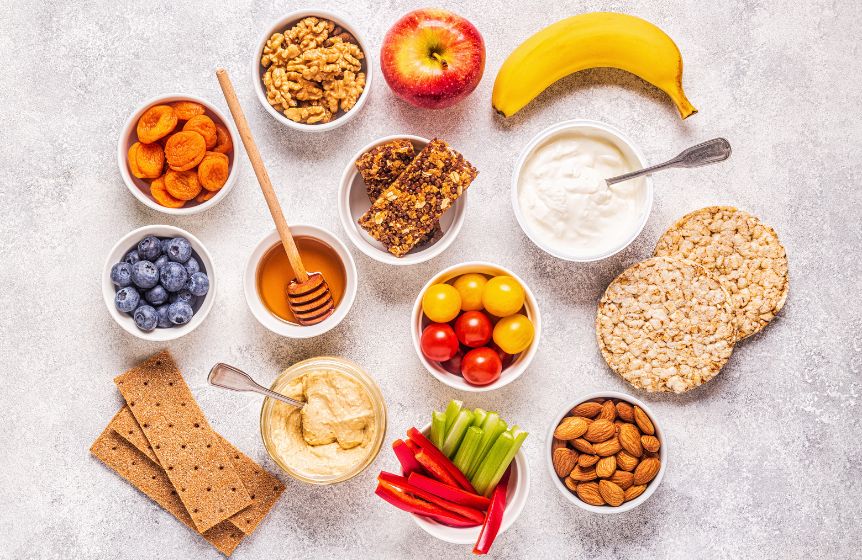
Pack a variety of healthy snacks for school. Examples include fruits, yogurt, or nuts, which provide the necessary nutrients and energy for their busy day, promoting good health and concentration.
Mindfulness and Deep Breathing:Teach them simple mindfulness exercises or deep breathing techniques to use during stressful moments.
For instance, taking three deep breaths before a test can help lower anxiety levels and improve focus.
Positive Self-Talk and Affirmations:

Encourage the use of positive self-talk and affirmations to boost confidence and emotional well-being.
They could have a small notebook or sticky notes with positive affirmations like “I am capable” or “I can handle challenges” that they can refer to throughout the day.
Self-Care Tips for Kids at Home
Regular Sleep Routine:
Establish a consistent bedtime routine that ensures they get enough sleep.
This might include reading a book together or listening to calming music before bed, aiding in their physical and emotional recovery from the day.
Family Meal Times:
Make family meal times a priority, where everyone sits down to enjoy healthy foods and share their day.
This is a great opportunity to teach them about healthy eating habits while spending quality time together.
Personal Hygiene Fun:
Turn personal hygiene tasks into fun activities. For younger children, this could mean bubble baths with their favorite bath toy, and for older kids, experimenting with making their own natural skincare products.
Dedicated Quiet Time:
Set aside time for quiet activities that allow them to unwind and reflect. This could be time spent drawing, writing in a journal, or building models.
It’s a chance for them to engage in creative outlets and enjoy some peaceful moments away from screens and other distractions.
Here are some self-care tips I will cultivate and share with my child:
5. Journaling
Your child may struggle with challenges due to previous stress experience or even their current situation.
It is important to allow your child to take take the time to reflect on their emotions that can help your child develop a self-loving attitude towards themselves.
The concept of self-care is about integrating positive habits into their daily routine so they can live to their full potential.
There are a variety of strategies that can be used to help children develop healthy self-care habits.
It is a good habit to explore lots of different forms of self-care until your child finds a strategy that works for him/her.
For instance, in our home, we use journaling or gratitude journal as a way to reflect on our feelings at the end of a long day.
Related : Gratitude journal prompts
Journaling is one of the best self-care tips to help children express their thoughts through writing or doodling.
Especially for those that struggle to express feelings usings words.
However, journaling for adults is very different than for kids. We use prompts and queues to get the kids to talk about their emotions.
The Growth Mindset Kit has daily journaling pages which ask children four important questions :
- Top 3 things they loved about their day
- Who was kind to your child?
- Was your child kind to anyone?
- Did anything upset them?
These simple four questions allow us to have an open and healthy conversation with our child and get him to let us know about his feelings during the day.
Rather than asking our child, how school was? We ask him these four questions and he writes them down in his journal.
It only takes 5 minutes a day to fill this out the journal.
We print out the daily journaling pages and keep it in an A5 folder and every day before bedtime this has become part of our self-care routine.
It is also a great way to bond with our children and build a trusting relationship from a young age.
You can check out more about the Growth Mindset Journaling pages.
6. Regular conversation
Good self-care begins with helping your child talk about their feelings.
Let your child know that is is important to acknowledge when they are struggling with their emotions in order to manage those feelings and be able to keep it away.
Turn conversation time into a bonding experience.
Few times a week sit with your child to talk about their feelings.
All family members can be part of this activity. Set aside a quiet time when everyone is feeling relaxed, for example on Saturday mornings, and talk about how your week has gone and how you feel.
The idea is to give your child quality time where there is no distraction.
This form of social interaction between parents and children will make your child feel more connected with you and is a healthy way to bond with your child.
We also sometimes make it more fun by drawing an anxiety tree and using the right words to let go any negative feelings we felt during the week.
The Growth Mindset Kit has anxiety sheets and activities you can do with your child.
Sometimes we would do this after dinner and do it together as a family.
Each one of us would talk about what we are worried about and what we would say to those worries so it can go away.
Establishing such exercises as a regular part of your child’s self-care routine gives them the self-awareness of their mental health importance.
7. Community involvement
Beyond healthy conversations and journaling, get your child involved in some community work.
This can be done on a weekly or monthly basis depending on their schedule.
Social groups are a great way to develop a sense of belonging and understand the needs of others.
It makes a child realize the importance of his existence and the difference he can make in this world.
Go through different communities work together with your child and let him choose the activities he wants to be involved with. This way he will be motivated to do it.
At the end of each community service get your child to fill in the “Gratitude” worksheet and the “Giving Back To Others” activity sheet from the Growth Mindset Kit.
The reason you do this with your child is so he can remember that he is a good person and he is loved by other people.
Whenever he is feeling down or isolated get him to read the deeds he has done and how much he is needed by the people around him.
This acts as a reminder to your child that he matters in this world.
7.Work on the now
Besides journaling and meditation, mindfulness can help your child appreciate the time they have now.
Your child can learn to not be fearful about the future but instead to focus their energy on the present.
You can do this by focusing a lot of your conversation with your child about the present moment. This will slowly condition your child to practice mindfulness throughout the day.
For example, talk to your child about their current feelings, about what is bothering them, anything that worries them, etc.
8. Love starts at home
As a parent, you can be so in tune with your child’s emotions that witnessing them struggling with mental health can be very disheartening.
Do realize that this is not a permanent situation and there is always help available.
But most importantly believe in your ability to negate future mental health problems in your child by teaching them self-love and a growth mindset from a young age.
Don’t spend all your energy trying to ‘treat’ your child. That is the job of their therapist. Instead, create a loving environment in your home.
As part of your child’s self-care routine, it is good to motivate them to develop healthy habits from a young age.
For example, eating healthy foods, taking care of their physical fitness, and encouraging positive self-talk.
Place self-care above everything else when building a relationship with your child.
Related : The Awesome Adventure Journal For Kids
Fun Self-Care Ideas
Self-care doesn’t always have to be serious or routine; it can be fun and imaginative too! Here are some favorite ways to incorporate self-care into daily life in a joyful manner:
1. Imaginative Play
Encourage your kids to engage in imaginative play, which is an excellent way for them to express their own emotions and understand the emotional needs of others.
2. Creative Outlets:
Finding creative outlets such as drawing, painting, or playing music can be a wonderful way for children to relax and express themselves.
3. Outdoor Adventures:
Spending time in the great outdoors is a fun self-care activity that offers stress relief and physical activity.
Whether it’s a bike ride, a family hike, or just playing in the park, being outside is beneficial for kids of all ages.
4. Self-Care Jar:
Create a self-care jar filled with simple, enjoyable activities that your child can choose from. These can range from taking a long walk, having a dance party, to enjoying a small treat like ice cream.
5. Quiet Time with a Bath Toy or Journaling:
Younger children might enjoy quiet time with a special bath toy, while older kids might find journal entries to be a good way to process their thoughts and feelings.
The important thing to remember about self-care is to make intentional choices that would help your child develop good habits even when dealing with difficult situations.
Self-care should be practiced on a regular basis even for few minutes a day before your child goes to bed.
We hope you like the self-care tips above. Share with us which self-care ideas you like best.
Before you go, don’t forget to check out the personalised growth-mindset kit you can use at home or in the classroom.
Was this helpful?
Good job! Please give your positive feedback
How could we improve this post? Please Help us.

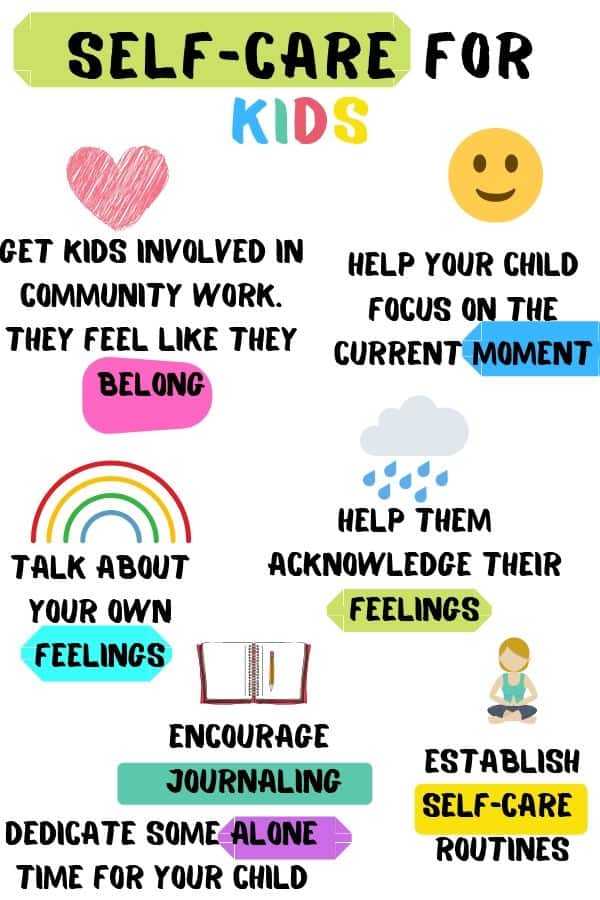

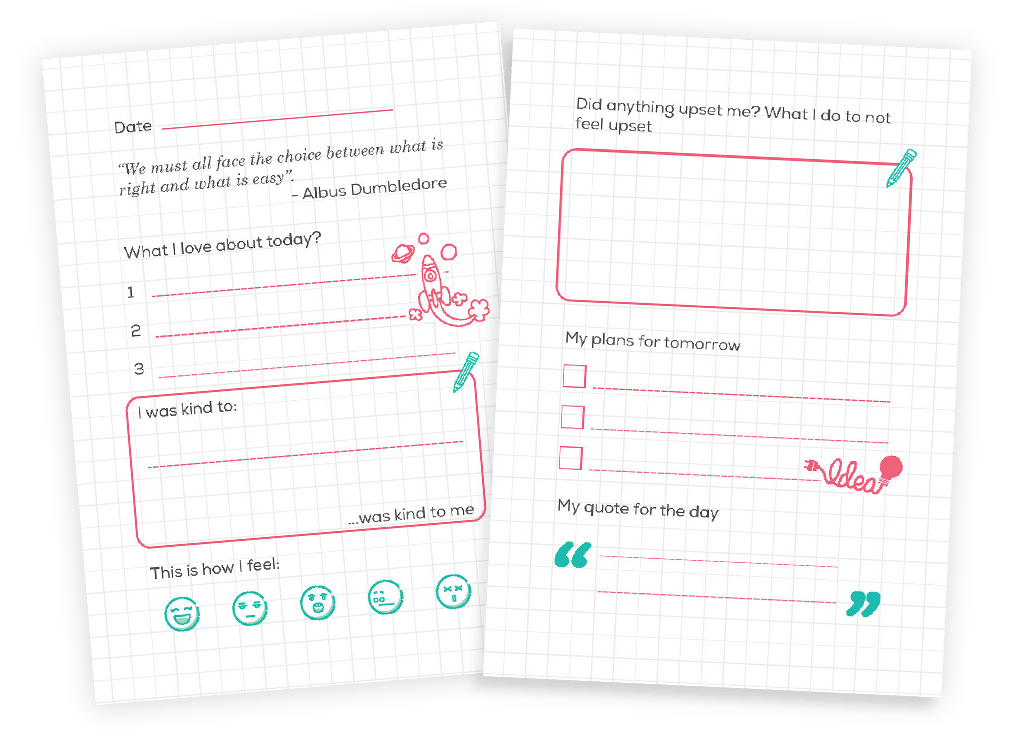
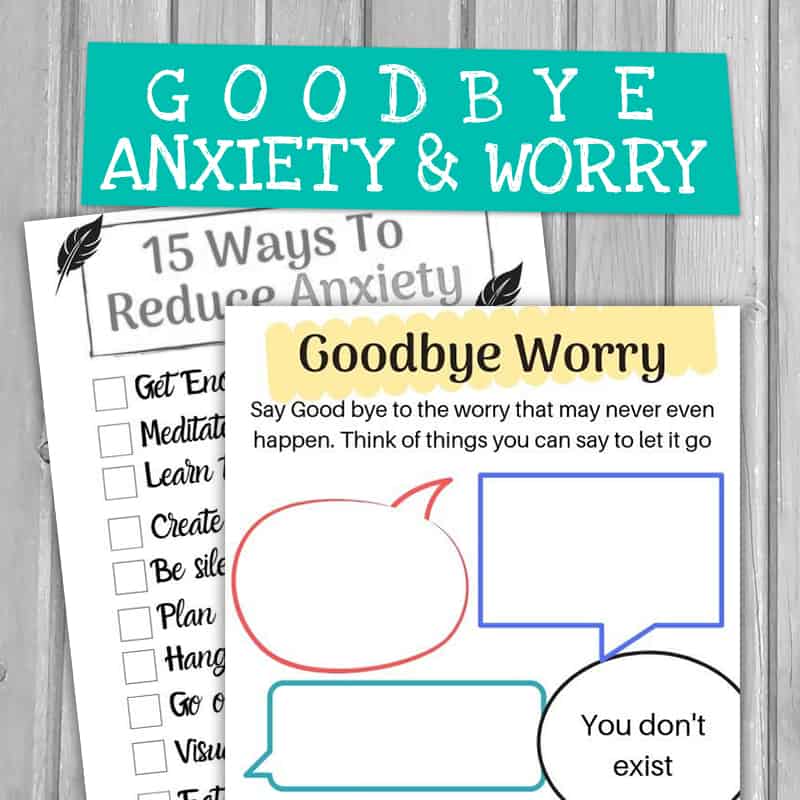
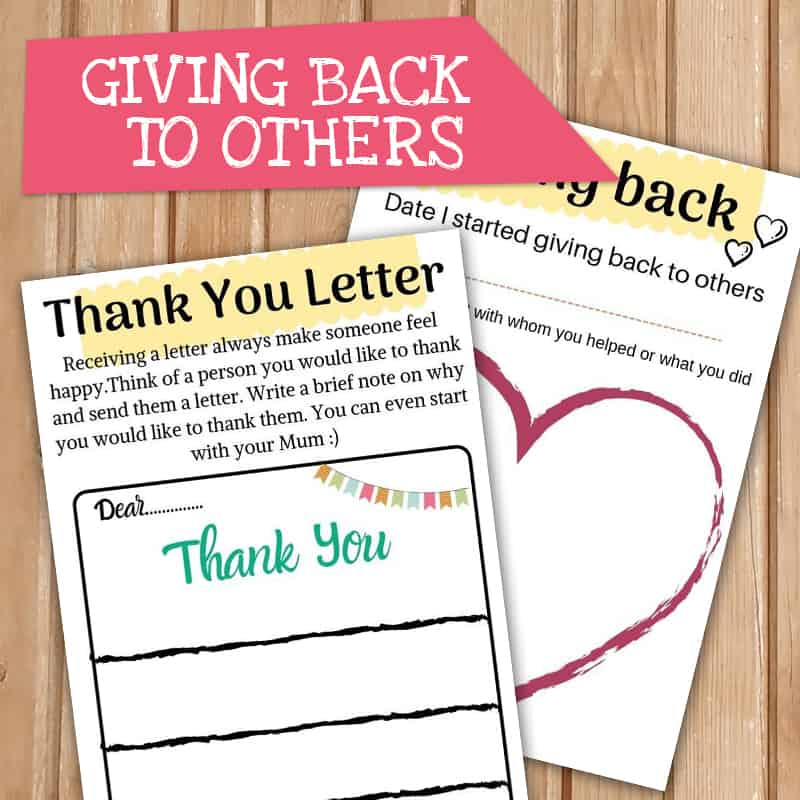





Kids can get really distracted at times. Even the simplest things should be reminded to them. Just like they can forget to water the plant, or feed the fish, they can forget to take take care of themselves physically and mentally. It’s our responsibility as parents to remind them to love themselves and treat their bodies and minds properly.
Thanks fro your ideas.They are brilliant. You can take a look at my self-care ideas for kids and a downloadable self-care bingo here https://aliciaortego.com/self-care-activities-for-kids/